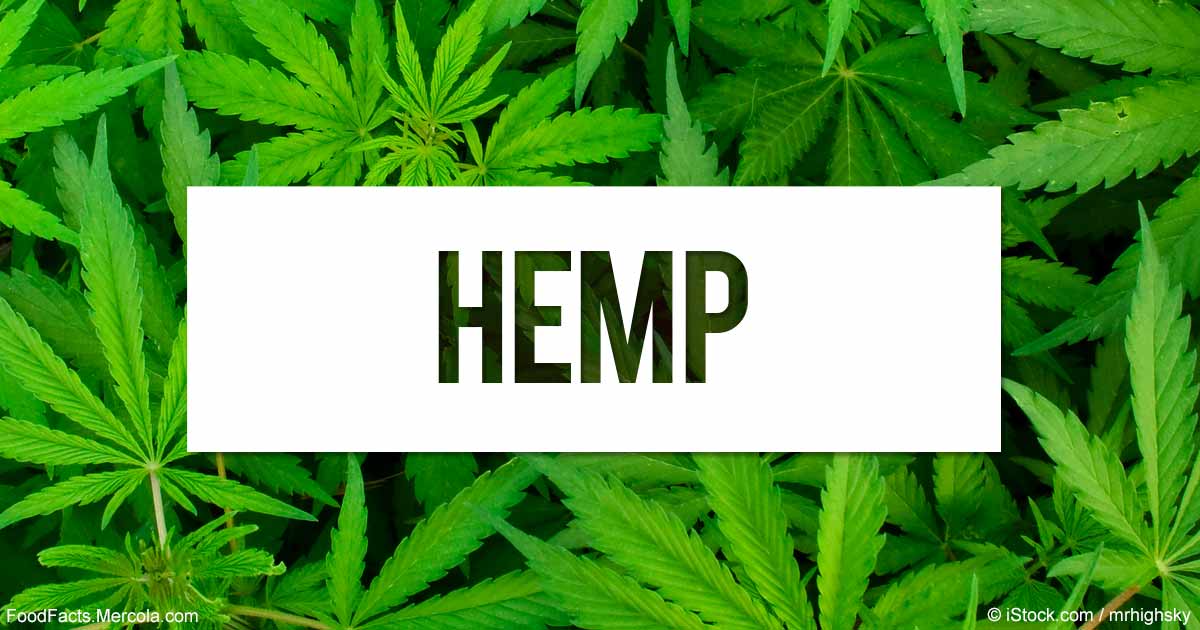
When Republican Gov. Ron DeSantis signed a bill into law on March 18, 2019, that lifted the ban on smokable cannabis, the news was nearly as celebrated as when Florida voters approved medical marijuana by a hefty margin back in 2016.
The decision to allow smoking whole-flower cannabis adds more options and affordability for Florida’s medical marijuana patients who, until now, have been limited only to low-THC tinctures, capsules, and concentrates for vaping.
“Patients visiting our dispensary have expressed strong interest in smokable medical marijuana,” said Craig Evans, dispensary manager of Curaleaf‘s dispensary in Lake Worth. “Many are in the process of meeting with their physicians to discuss if smokable medical marijuana is an option for their treatment plan.”
Florida’s medical cannabis patients on the rise
In its 2018 annual report, Florida’s Physician Certification Pattern Review Panel reported that the state had nearly 180,000 registered medical marijuana patients — a number that tripled in 2018 from the previous year. More than 48,000 of them are certified to use cannabis for pain-related conditions.
Brittany Lengyel of Fort Myers is one of them.
Brittany Lengyl of Fort Myers, Florida, found that CBD helps with symptoms of traumatic brain injury and subsequent surgeries. (Photo courtesy of Brittany Lengyel)
Driving on Florida’s busy Interstate 75 after returning home from work in September 2015, Lengyel swerved to avoid another driver who was texting at the wheel. Lengyel’s Honda Insight careened into a guardrail, rolled three times in the air, then landed upside down underwater in a full roadside drainage ditch.
Although suffering from hypoxia, deprivation of oxygen to the brain that often results in death, Lengyel managed to crawl out of her nearly crushed car and up the watery embankment to arriving paramedics who’d been unable to reach her.
Rushed to the nearest trauma center in Fort Myers, a CT scan of her head showed that Lengyel had an acute subdural hematoma, or a brain bleed. She underwent an emergency craniotomy to remove part of the skull, cauterize the bleeding, and insert a drainage tube.
“After five days in the intensive care unit, I was discharged. They told my mom I needed rest to allow the brain bleed to dissipate or reabsorb naturally,” Lengyel, 31, told Weedmaps News. “That’s when my nightmare began.”
Within two weeks, she was back in the emergency room, unable to speak or control her body. The brain bleed had grown exponentially. Neurosurgeons performed another craniotomy.
“I woke up with tubes everywhere and no frame of reference. I didn’t even remember my own name. Again, they sent me home to rest,” Lengyel said.
“When I went back to have the 21 staples removed a few weeks later, within an hour of leaving the doctor’s office, the incision split open. I could actually feel my brain. I had to undergo the same surgery yet again.”
After three brain surgeries within nine months, another neurosurgeon found unanchored screws in her skull; he molded a new partial skull with bone cement.
Suffering from traumatic brain injury (TBI), a major cause of death and disability in the United States, Lengyel was feeling like she was coming to the end of her rope.
“I was in hell. I was terrified … ” Lengyel trailed off. “The brain tries to empathize and end it all.”
Scientific research has shown that people who have or had TBI may be at greater risk of suicide.
“My younger brother, Brandon, had already taken that choice from me,” Lengyel said. “Seven months before my accident, he took his life due to chronic pain after an accident that shattered his lower body. I couldn’t do that to my parents again.”
Lengyel’s pain was exacerbated by what she called the constant humiliation of trying to fill her prescriptions for pain medication.
Lengyl’s car after the crash that changed her life. (Photo courtesy of Brittany Lengyel)
“I went to one pain management physician who didn’t even look at my chart. He presumed I was pill-shopping and suggested I wear a fentanyl patch,” Lengyel said. “I was so sick of being judged by doctors and pharmacists. I swore I’d never go back to any of them and one day I did just that.”
Lengyel moved temporarily to Michigan, where she underwent physical, occupational, and speech therapy while living with her father and stepmother.
Upon returning to Florida after five months, a woman in Cape Coral donated anonymously to Lengyel’s now inactive GoFundMe page, set up by her friends.
“When I managed to get in touch with the woman to thank her, she told me something that changed my life,” Lengyel said.
“She suggested I try medical marijuana and told me about the Iona Cannabis Clinic right here in Fort Myers,” Lengyel said. “I went there and met Dr. Gregory Sonn and he recommended that I start off with 1,250 milligrams of cannabidiol (CBD) three times a day. By the third morning, I had no pain. It was like a miracle.”
I am so grateful to have my life back. Cannabis is responsible for restoring my health, future, and my dreams.
Miracle Based in Science
A 2017 study published in Frontiers and Pharmacology, “Endocannabinoids: A Promising Impact for Traumatic Brain Injury,” looked at how cannabinoids may provide a potential treatment option for traumatic brain injuries.
Another study published in 2014 in the American Surgeon, suggested that people who consume marijuana may be more likely to survive a serious head injury than those who don’t.
A study published in 2014 in the American Surgeon, suggested that people who consume marijuana may be more likely to survive a serious head injury than those who don’t. Click To Tweet
“[O]ur data suggest an important link between the presence of a positive THC screen and improved survival after TBI,” concluded the study’s authors after a three-year retrospective review of brain trauma patients.
Brittany finally gets her life back
Lengyel now works at Green Palms Health and Wellness in Naples as a patient educator and assistant to the co-founders of the Florida Medical Cannabis Conference, Dawn Yarnell and Jill Giles.
“I am so grateful to have my life back. Cannabis is responsible for restoring my health, future, and my dreams,” said Lengyel, who describes herself as a tireless medical marijuana advocate.
“I see someone limping in the supermarket and I walk up to them, tell them about my recent experience, and pain relief from CBD oil,” Lengyel said. “I give business cards for the cannabis clinic to perfect strangers, so they’ll know that there’s another option out there.”
Featured Image: Brittany Lengyel is now pain-free after a series of brain surgeries, a consequence she says she owes to cannabidiol treatment.















